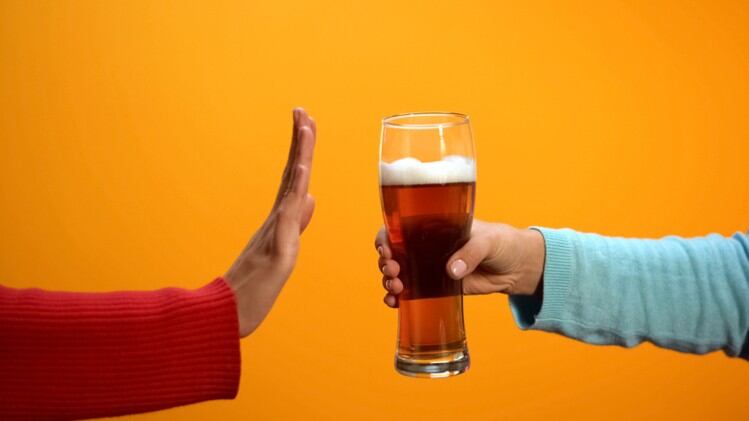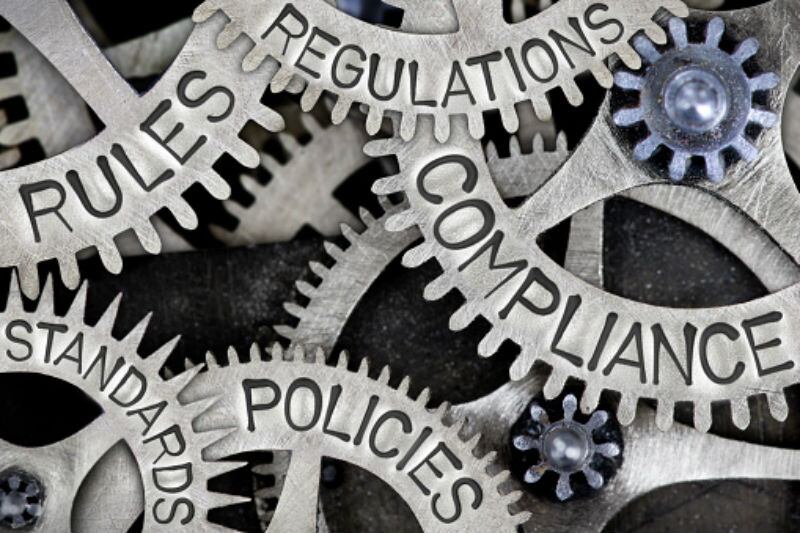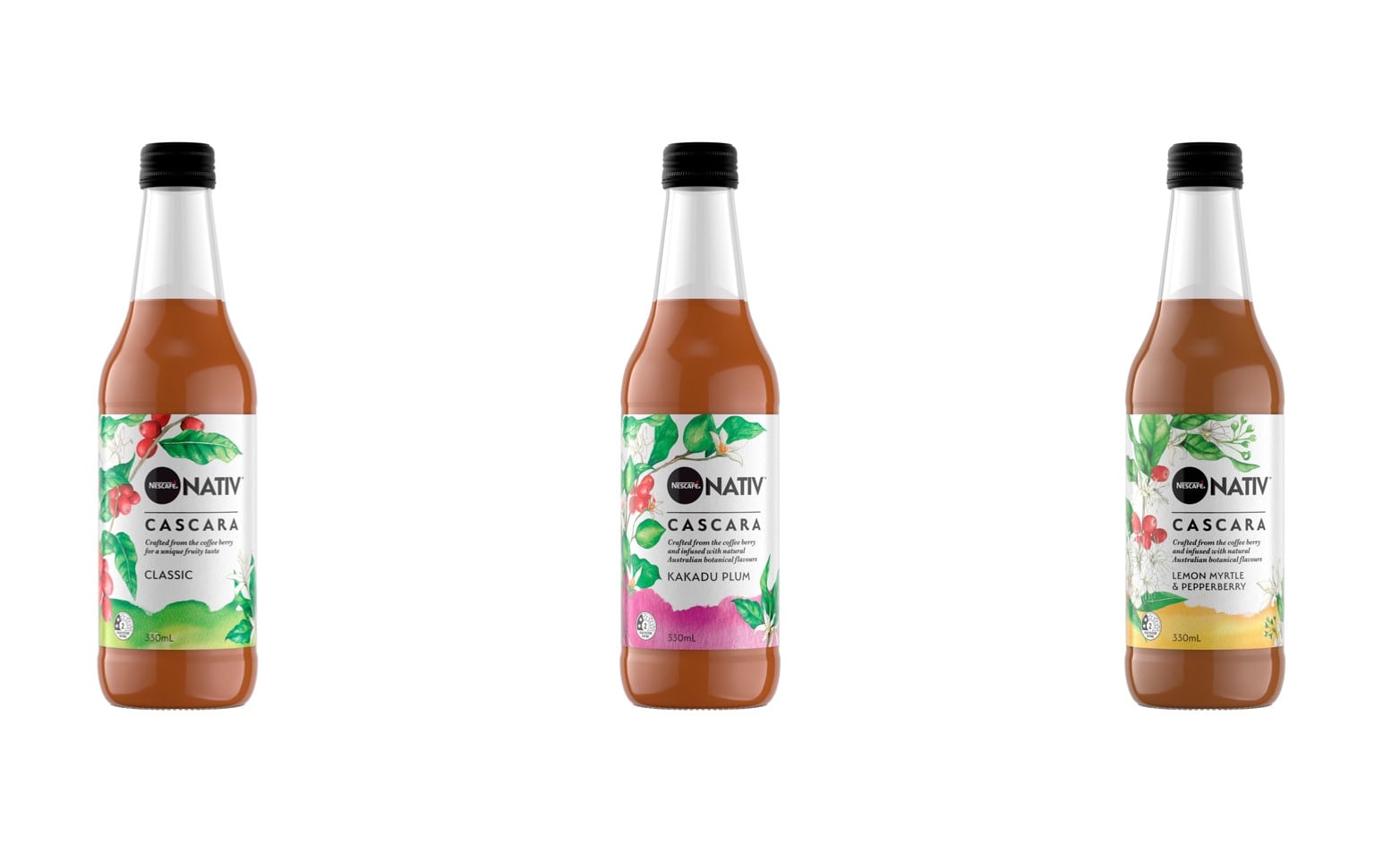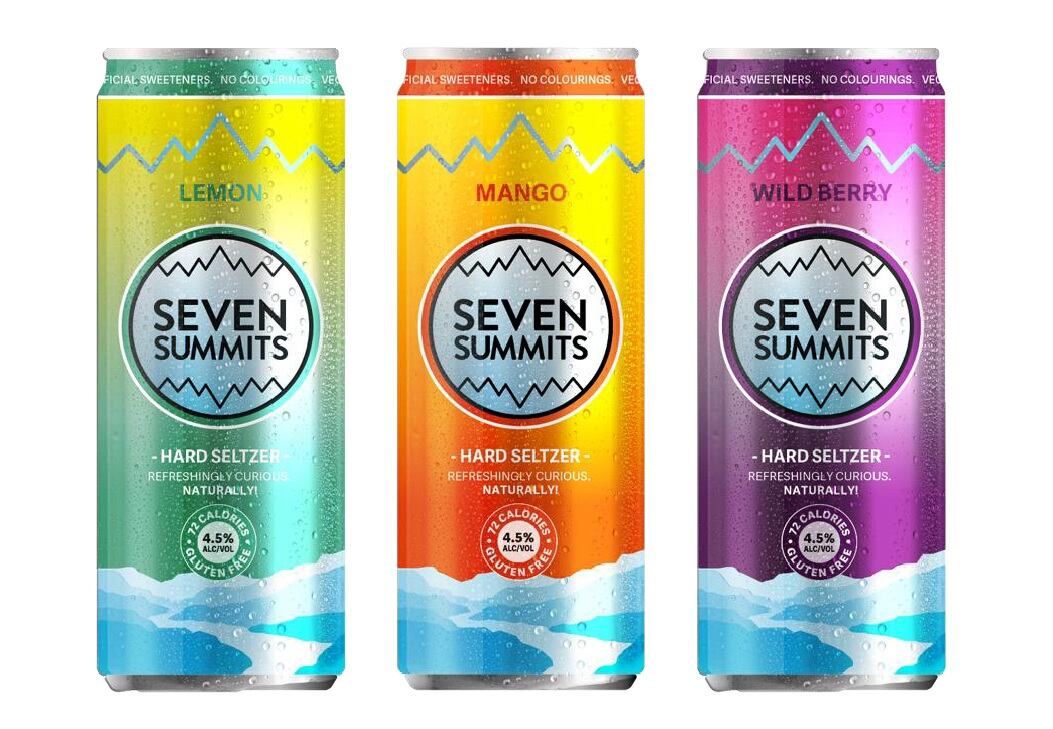Last month the country’s National Health and Medical Research Council (NHMRC) issued as new recommendation to consume no more than 10 drinks a week, down from 14, while research published in the Journal of Studies on Alcohol and Drugs concluded that most alcohol industry submissions to policy consultations in Australia over a five year period presented a distorted view of the scientific evidence.
Both matters have been forcibly criticised by the trade body Alcoholic Beverages Australia (ABA), which represents the $160bn industry.
In terms of the NHMRC guidelines, ABA CEO Andrew Wilsmore told us the advice was “not relateable to many Australians” and would simply fall flat.
“The last time NHMRC issued guidelines in 2009 the government did some research and found that most consumers would just turn a blind eye,” he said. “Now they have reduced the guidelines again and its simply not relateable. This isn’t going to help build on cultural change around harmful drinking that is already happening.”
A key criticism from ABA is that 10 drinks a week was chosen by authorities as the representative safe drinking level for all Australians, but is based on a female who drinks 3 days a week.
They say this is a serious departure from previous guidelines which gave recommendations for drinking across seven days of the week.
Wilsmore added: “Australians should have no faith in these guidelines when they have cherry-picked a number for a woman who drinks three days a week as the advice for all Australians.
“Had the NHMRC not set out to deliberately lower the guidelines it would be advising men they could be consuming up to 20 drinks a week if they spread their drinking out over seven days.
“The NHMRC defends this highly suspect approach as being scientifically rigorous, but we question how this is possible when the Panel chosen to review the guidelines is hopelessly conflicted with its members representing temperance or anti-alcohol activist groups.”
Wilsmore said it was a constant battle to present the industry’s views in the face of concerted pressure from such campaigners and researchers.
Policy submissions
In the aforementioned journal paper, the study analysed how alcohol industry and associated actors used scientific evidence in 214 submissions to national or state/territory government alcohol policy consultations from 2013-2017.
Industry actors included alcohol producers and retailers, trade associations, licensed businesses and associated entities who derive commercial benefit from alcohol.
The researchers argued that:
- 94 per cent (201) of submissions included at least one instance of misusing or denying evidence. These practices were consistently high in submissions by trade associations, major producers and retailers but were also used by associated industry actors, including advertising, music, security, and food service businesses.
- 91 per cent of submissions denied the effectiveness of evidence-based strategies, most commonly making unsubstantiated claims about adverse effects of policies and promoting alternatives without evidence.
- Misuse of scientific evidence was apparent in 66 per cent of submissions.
The lead researchers from Curtin University and The George Institute for Global Health concluded that the Australian alcohol industry and those from associated industries used the same techniques to undermine the evidence base for alcohol policy as alcohol and tobacco industries have been found to use elsewhere.
Wilsmore described that paper as “junk science”, adding the industry provided legitimate and sensible solutions, but that “some people just can’t accept we have a right to sit at the table”.
“In many cases we suggest targeted approaches to targeted problems, but some of these organisations insist on a whole-population approach, which doesn’t work.”
Looking back on 2020, Wilsmore said the off-trade had performed well during the pandemic, but its gains had not been able to offset the sump in off-trade sales amid lockdowns.
“We’re hoping that things will pick up soon, but it very much depends on which state you are in. The Northern Territories and Western Australia seem to be doing quite well, but Victoria is only just coming out one of the longest lockdowns in the world and people are still wary about going out to hospitality venues,” he added.





